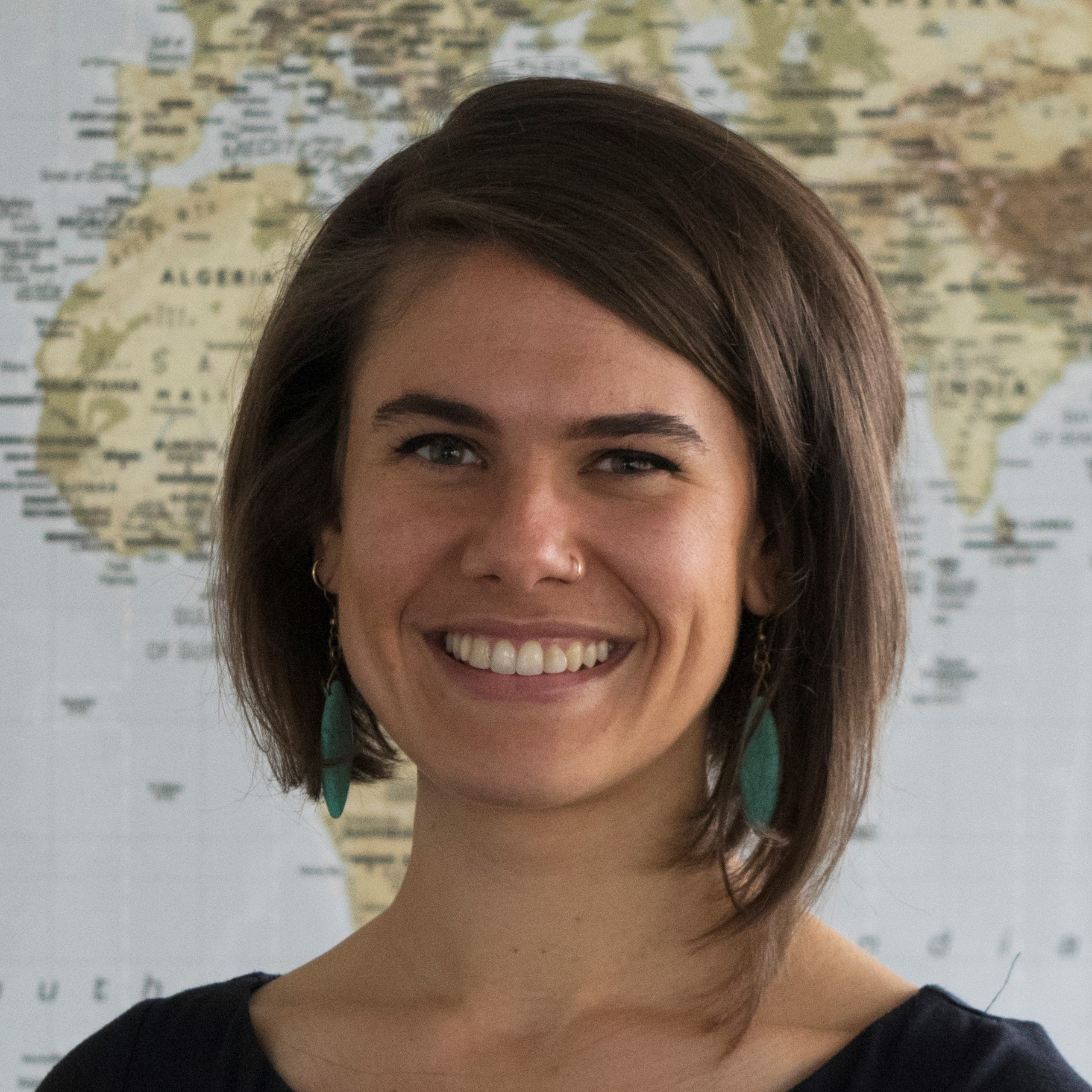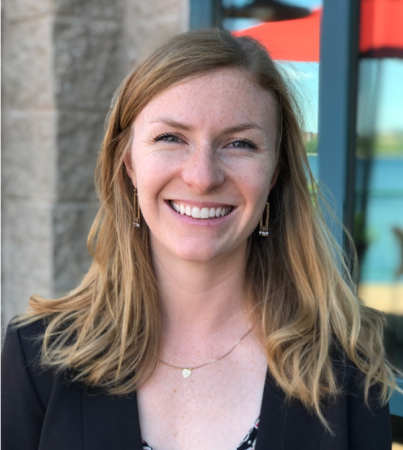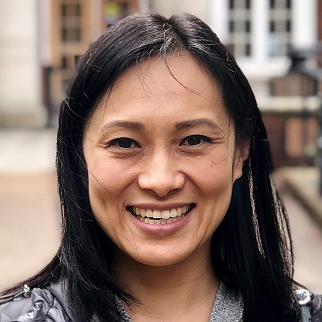Funding has been awarded to principal investigator Dr. Joana Cunha-Cruz by the NIH National Institute on Minority Health and Health Disparities for "OHEAL: Oral Health Equity in Alaska".
Abstract:
This R21 applicant did formative work on barriers to dental care and achieving good oral health for Alaska Native children (Grant No. UH2DE025488, PI J. Cunha-Cruz) in which it identified the absence of critical dental office-systems that providers need to implement evidence-based practices (EBP) proven to control dental caries (tooth decay). American Indian and Alaska Native (AIAN) children suffer from the poorest oral health of all population groups in the United States with 3 times higher rates of untreated caries than non- Hispanic white children. Despite great resilience, tribal nations face geographical isolation, dentist shortages and distrust in health care systems exacerbating disparities. The Oral Health Equity for Alaska (OHEAL) program initiated by the applicant in collaboration with a tribal healthcare organization (SouthEast Alaska Regional Health Consortium - SEARHC) and local tribal communities offers a unique opportunity to implement an evidence-based, culturally-appropriate and theory-informed program to disseminate EBPs to Alaska Native settings.
The purpose of this R21 is to adapt and test feasibility of an implementation strategy prior to larger-scale implementation and evaluation. The rationale is that tribal dental services want to increase dental caries control efforts for children in remote villages, but lack evidence-based tools adapted to the AIAN culture and environment that can be implemented and maintained effectively and efficiently. Our SPECIFIC AIMS are: 1) to collaboratively develop and culturally adapt the caries control tools and strategies; 2) to test the feasibility of the caries control tools and strategies; and 3) to investigate the acceptability and appropriateness of the caries control tools and strategies among provider, community and patient stakeholders.
METHODS: Workshops with tribal organization, patient and community stakeholders will be used to culturally adapt EBP guidelines and office-systems tools and strategies. Data from interviews and surveys with community, patient and organizational stakeholders, dental claims and administrative records will be used to assess acceptability, appropriateness and feasibility. A feasibility test of the program will be conducted. Guided by organizational and behavioral theory, triangulation of qualitative and quantitative findings will identify office-systems strategies likely to be used by AIAN and non-AIAN dental providers. We will learn which implementation strategies, provider behaviors, and contextual factors are likely to impact implementation and identify mechanisms essential for program success as well as aspects difficult to implement.
SIGNIFICANCE: The proposed R21 will lead to a R01 proposal for a larger-scale study. This preliminary research is significant and innovative because of its focus on 1) improving public health by increasing caries control for AIAN children and for its implications for greater adoption and replication by others serving minority, low income, rural communities, and 2) advancing knowledge of how and why adaption of implementation strategies for dissemination of EBPs is necessary.
Sponsor Award Number: 1R21MD012868-01
TB PrEP – Integrating HIV prevention with TB household contact evaluation
Jennifer Ross, MD, MPHContinue reading→
Addressing Clinician Bias to Improve Equitable Implementation of Evidence-Based Practice
Freda Liu, PhD & Aaron Lyon, PhDContinue reading→









